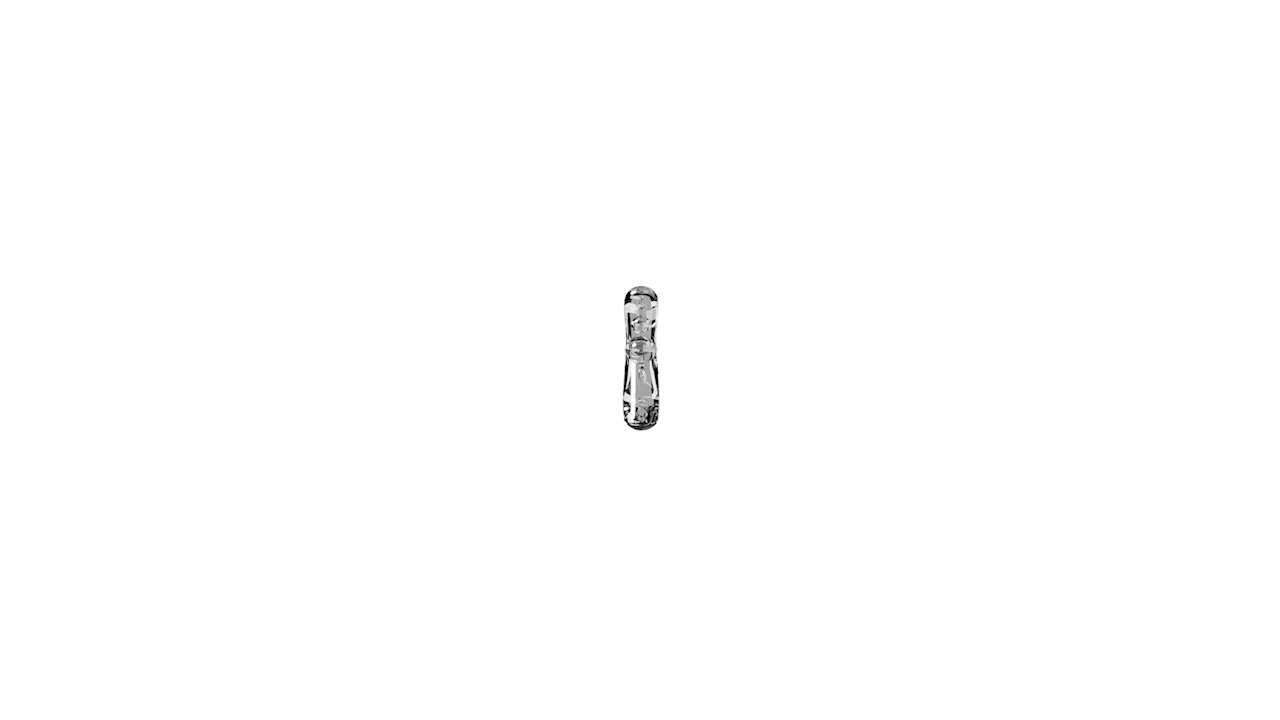Is A.I. Getting Too Much Credit?

The art of conversation takes on a whole new dimension in The Talk—A series that has warped my perspective on interviews. The host/artist Jonas Hollerup Helle is a master at this craft, adeptly bringing out the humorous and less-seen sides of public figures we think we know. Through his engaging and insightful approach, he breaks down the stigmas, egos, silence, and preconceptions of a conversation that we hold, revealing the true personas behind the fame. This unique quality of his interviews is exemplified in episodes like his viral interaction with Kanye West and Elon Musk, which has sparked widespread conversation and acclaim across social media platforms like Instagram and YouTube.

KM: THE WAY YOU SET THE SCENE IN YOUR VIDEOS, WITH TALENTS ISOLATED AGAINST BLACK BACKGROUNDS REMINDS ME OF A THEATRICAL PLAY. IN THE ELON AND KANYE EPISODE OF "THE TALK," THIS STARK SETTING IMMEDIATELY DREW ME IN. THE FOCUS IS SOLELY ON WHAT THEY'RE SAYING, WHICH CAN BE BOTH EGOTISTICAL AND HILARIOUS ALL AT THE SAME TIME. I REMEMBER MY INITIAL REACTION BEING ONE OF DISBELIEF, THINKING, "DID THIS CONVERSATION ACTUALLY HAPPEN?" ELON'S REMARKS ABOUT A ROCKET, INTERRUPTED BY KANYE'S SUDDEN SINGING OF SPACESHIPS, WAS A HILARIOUS MOMENT. IT'S THIS UNIQUE BLEND OF REALITY AND UNEXPECTED ELEMENTS, LIKE THE EXAGGERATED PAUSES, THAT MAKES YOUR WORK STAND OUT. HOW DO YOU APPROACH CREATING THESE COMPELLING, SURREAL SCENES?
JH: Something that's important for me is humor in what I make, because humor is an invitation for a larger audience. Everyone can laugh at these videos. But then some people can get more out of it than that. Something I do in the videos is having these pauses that are too long. I think it's fun to kind of lead people on and then make it so stilted and awkward, that they realize there's something else going on. And it's been crazy this week because the Kanye Elon video went viral.
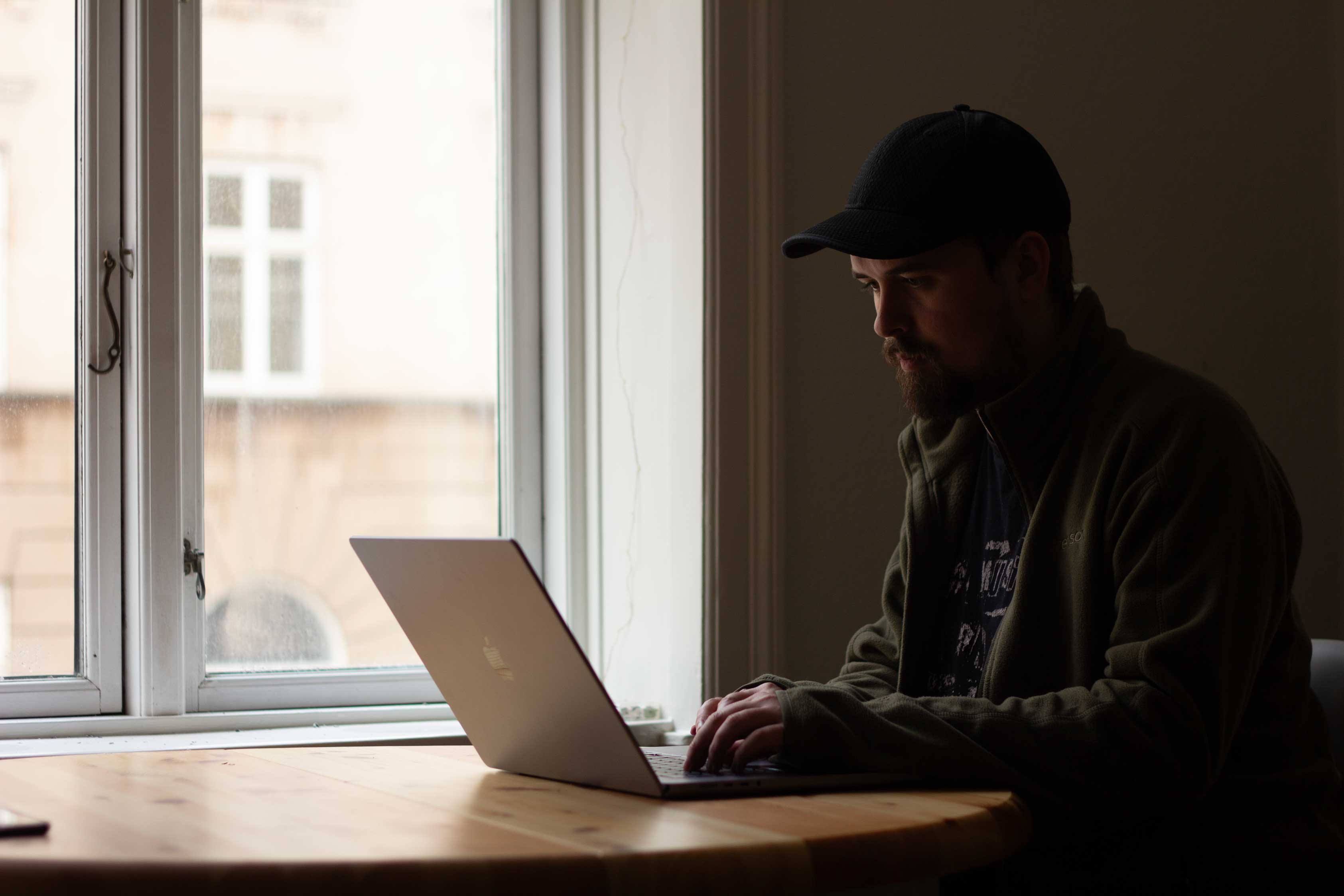
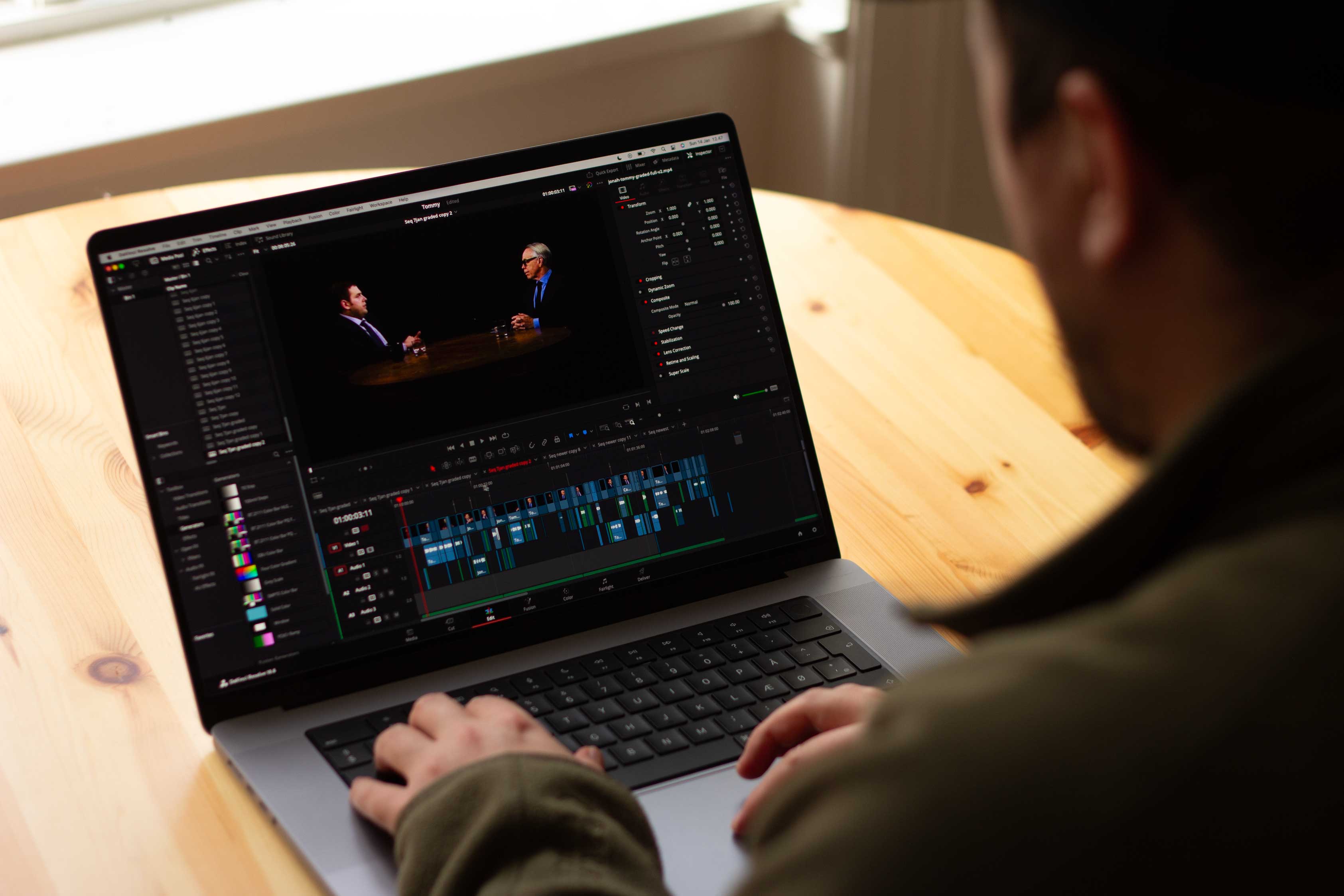
KM: THE TALK' IS WELL DONE. WHAT'S YOUR APPROACH TO EDITING THESE INTERVIEWS? HOW DO YOU CONCEPTUALIZE THESE CONVERSATIONS?
JH: I go through the interview, usually 30 minutes to an hour. I systematically cut out the interviewer, and find every part where the guest is answering a question, sorting those segments.
After that, I find all the moments where the guest is asking a question, interrupting, or reacting. I do the same with other guests. This creates a timeline with all the questions, answers, and reaction shots. I then start building from there. In some cases, it's a visual cue. In others, it's about their pop cultural associations. For instance, with Elon and Kanye, I thought about how they are controversial figures, influenced by their money, power, and fame.
I wanted to create a conversation between two figures who had appeared on the show about 15-20 years ago. This allowed me to craft a narrative of these individuals meeting early in their careers, when they were more idealistic, although signs of Kanye's ego were already evident. The goal was to juxtapose younger versions of these well-known figures with their present selves, highlighting the contrast. However, the approach varies from video to video, largely driven by intuition.

Were you considering this idea of the interviews for a while? What were you feeling at the time that led you to construct this film?
Three years ago, I created the first of these videos, while I was at Funen Art Academy here in Denmark. My practice has always been built on working with found material, re-editing film scenes, for example, to create new narratives. The video came from this constant search to create something new from something found. It came from this formal interest. It always comes from formal interest.
I made this first episode of The Talk, the one with Philip Seymour Hoffman, and Robin Williams. And afterwards, I didn't consider making anything else out of it - the series wasn't even called “THE TALK” at the time.
But what happened was that I showed it to one of the teachers. And she said, “Okay, don't stop here. This is a really good concept. You should continue with this. You have unlimited opportunities to create conversations."
I noticed both Kristen Stewart and Harrison Ford, known for Twilight and Star Wars, shared a shy and reserved demeanor.
They shared this kind of anxious feeling, which was super interesting, being these huge stars and then being super timid in conversation.
You know it made me think of the concept of a parasocial relationship between fans and their idols, and this one-way relationship where they think they know the person. So to play with that was super interesting, and that's why it continued as a YouTube series.
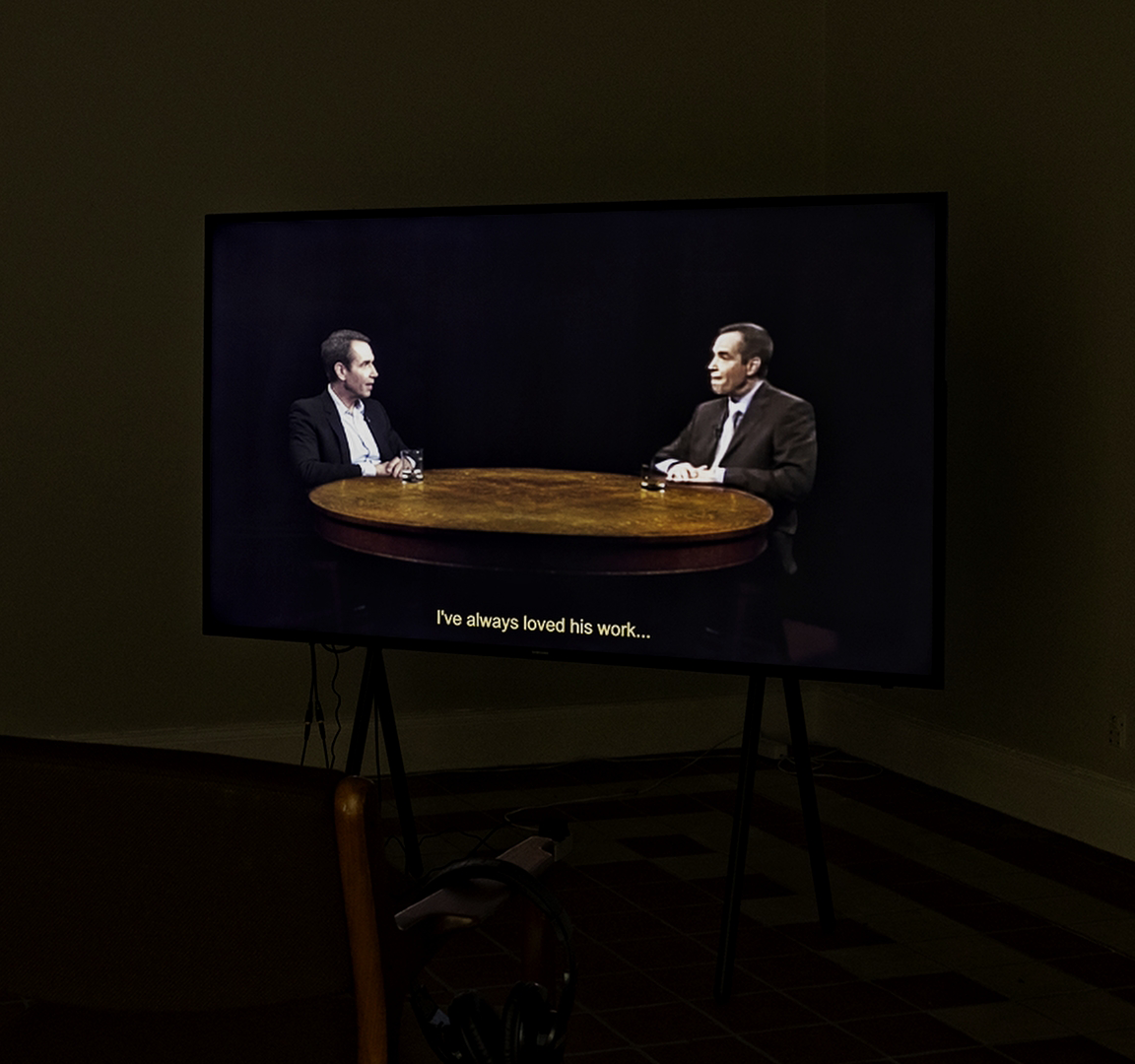
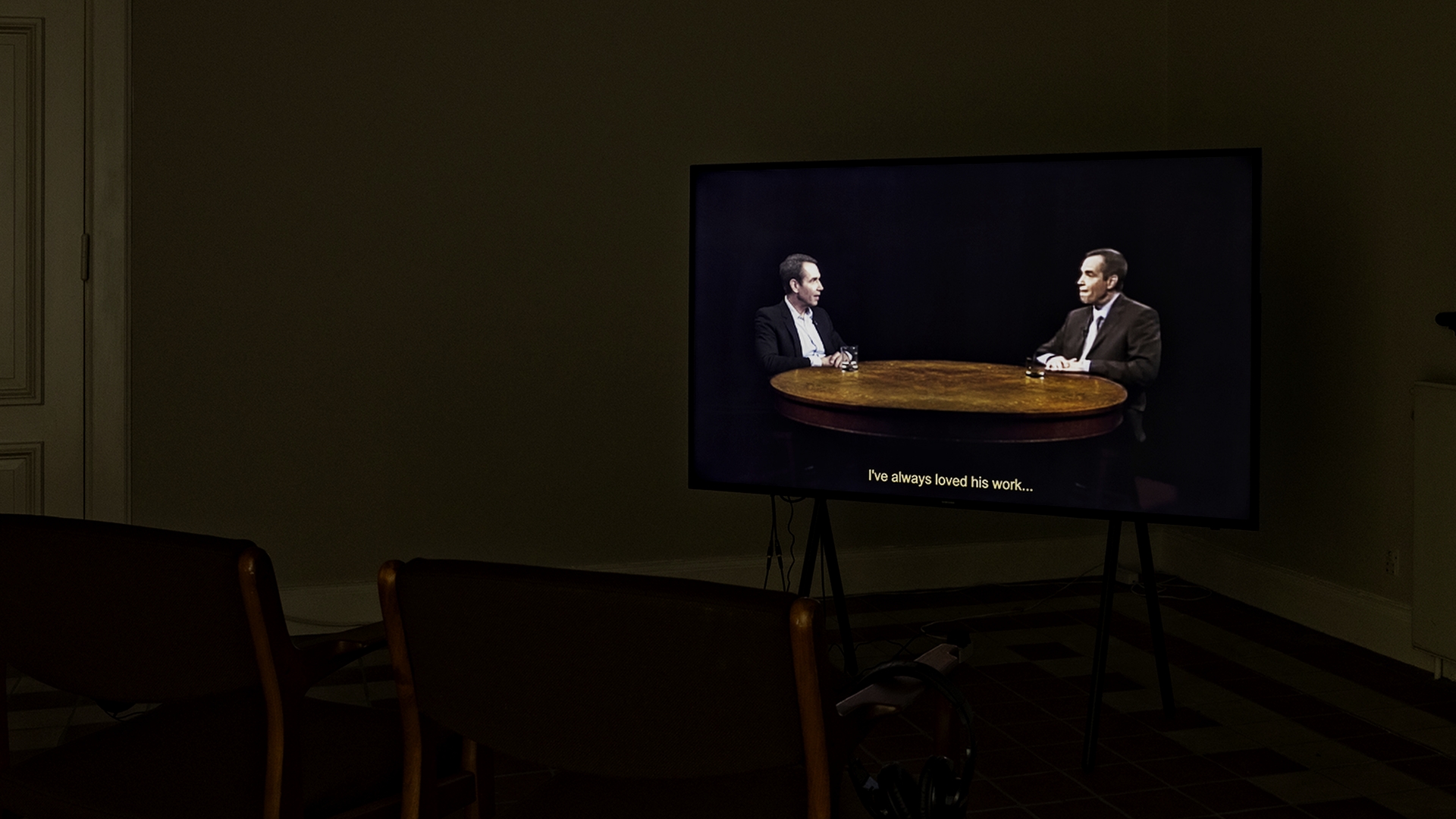
I'll send you an excerpt from one of my favorite ones - Jeff Koons meeting Jeff Koons. I made this conversation, where he's talking to a younger version of himself, and basically it shows, okay, this guy's been saying the same things for, you know, 20 years.
There’s a lot of considerations going into these videos, and it's definitely not AI. But I think it's really interesting how people think it's AI, because it’s been presented to them that way from these Instagram channels that put out my videos.
These videos consist of so many deliberate editing choices and all kinds of considerations, and then it's online and people think it's AI, you know?
KM: WHAT DO YOU THINK IS THE FUTURE OF AI, ESPECIALLY SINCE IT PLAYS A BIG ROLE IN HOW PEOPLE PERCEIVE YOUR WORK?
JH: I think from an artist's perspective, it's super exciting. It's a really great tool. And so I think going forward, maybe new genres of art will come from AI. But in a broader perspective, it scares me a bit because I have been sitting with this audio cloning software, and I recently I used it and I found out that now it does Danish voices as well. And I tried cloning my own voice, and it's like 99% accurate. Two months ago, it only did English voices. Now it's Danish, French, and German. It happened so quickly. So it is at the point where it's indistinguishable from the real person.
But as an artist it's really good. So I'm kind of split on my perspective of AI. But I can give a good example of how I've used AI as a tool, because I have actually used it a few times for “THE TALK”.
It was for ethical reasons, actually. For the exhibition where I made the Jeff Koons video, I also had another video where Bruno Mars is talking to Agnes Varda.
So you have this older, you know, white lady talking to Bruno Mars. And I had a really good line that I wanted to use from her, where she says: “You're such a nice boy. You're such a nice young boy.” It worked really well. But then I realized, you know, having this older white woman calling a young black person “boy” had some connotations that I really wanted to avoid. So I exported some of Agnes’s audio and put it into this audio cloning software. And then I had a really good replica of her voice and I changed it from “you're a nice boy” to “you're a nice guy”. So that's one of the times I've actually used AI. But otherwise the work is not built on AI. It's all about my interests around appropriation, remixing, sampling, all that kind of stuff.
I have used it to kind of fix things. But that’s not what the work is about.
KM: YEAH. HOW DOES THAT MAKE YOU FEEL?
JH: In the beginning I was, of course, frustrated to have my work stolen and presented as AI, and not being credited. But it adds to the work. It adds to the narrative around “THE TALK".
In a way, AI is being given too much credit right now. But at the same time, it's a great tool. And I've made entire works using AI. I think it's really interesting. Another thing I noticed is that the male guests, like John Mayer for example, are presenting themselves in a way that they probably wouldn't do now, like, we're in a different era.

That's why when I'm going through it, it's also about the male ego in a way, because when you look at the female guests that have appeared on the show, they're much more humble and reserved and they're not really asking the questions. And then you have the men just going crazy and John Mayer saying he could write a hit song right now and really taking up all the space and letting their egos go.
But I'm of course exaggerating it a lot in the videos.
KM: EXEMPLIFYING EGOS IS COOL. IT'S SOMETHING WE KIND OF TALKED ABOUT SUBLIMINALLY, AND THROUGHOUT THE WHOLE INTERVIEW. IT GOES BACK TO THE INTENTION BEHIND YOUR WORK.
JH: You know, the moments where they are the most pretentious or most, you know, performative or whatever, also make for the most uncomfortable moments. I like the uncomfortability. As well as the silence and the pauses. So yeah, that's a lot of the time the focus.
KM: AND WHY DO YOU DO WHAT YOU DO?
JH: It's the thing that means the most to me. I can't imagine a life where I'm not creating art. It's been like that since I was 13. It's what I know, and it’s one of the biggest joys of my life; creating art, creating works. And seeing this response that I'm getting right now, it's very affirming in a way. I think you feel the same. You know, I couldn't imagine doing anything else.
jonasholleruphelle.com | Instagram: @jonasholleruphelle | YouTube: click here


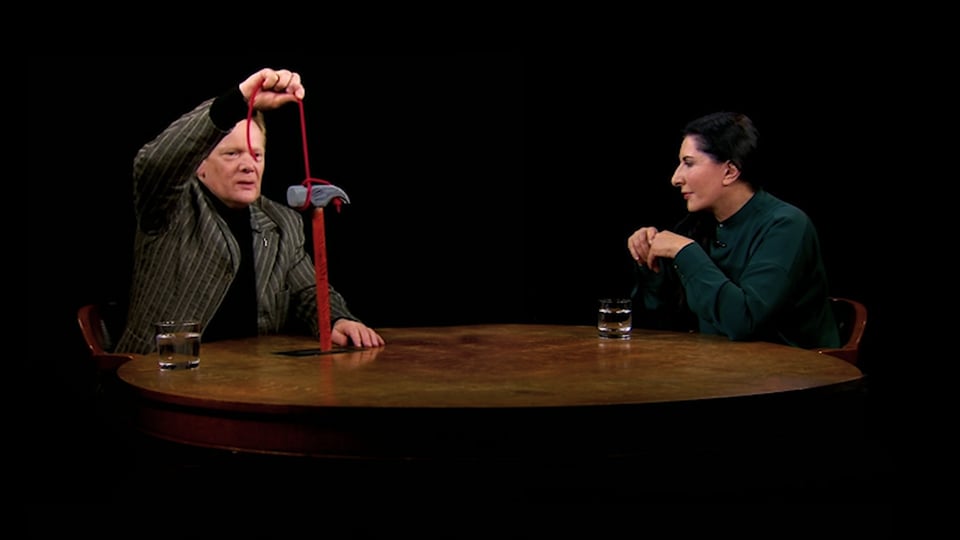
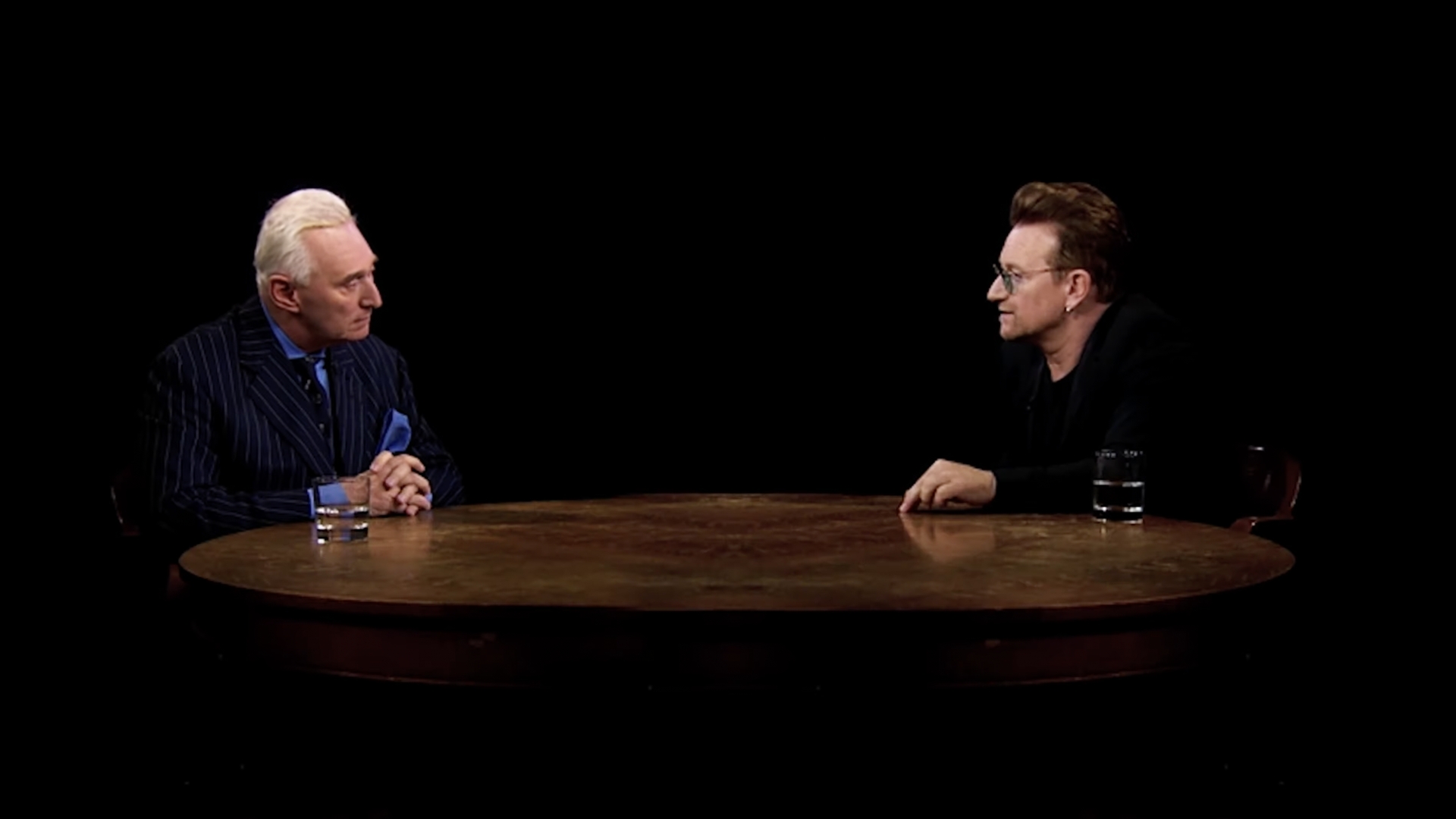


.png)









